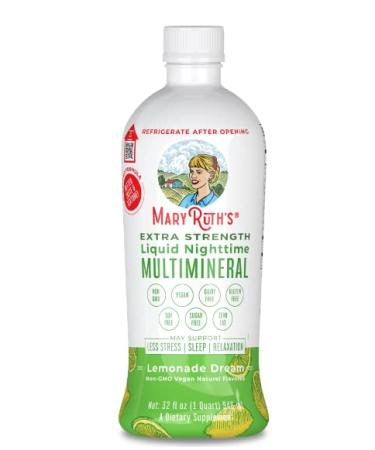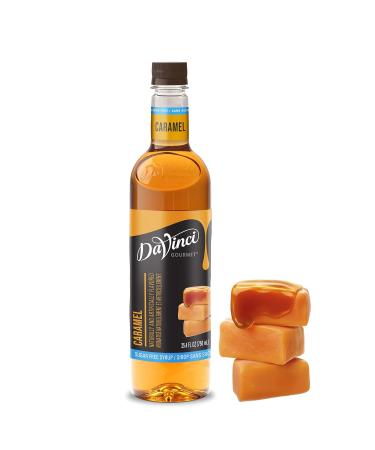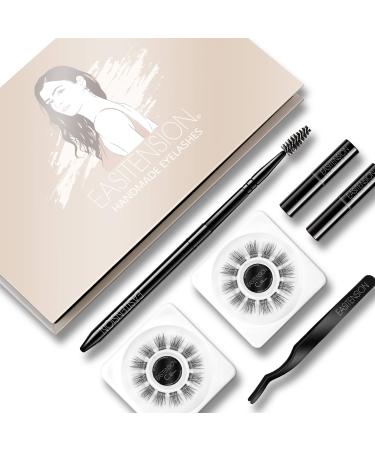Features:Bean Type: SL28, SL34, Ruiru 11Tasting Notes: Toffee, Lemon, AlmondBody: MediumAltitude: 1400mHarvest Period: November - DecemberProcessing: WashedAcidity: MediumDrinking: The almond flavor is quite evident on the first sip, and after two or three sips, the lemon flavor becomes evident, creating a captivating flavor. You'll want to take the next sip before the flavor fades. It's quite creamy and soft, with a smooth finish. A pleasant aftertaste lingers on the front of the tongue and the back of the palate.
Kenya is a neighbor of Ethiopia, the homeland of coffee. Located in the southwest of the African continent, it also possesses the fertile lands necessary for coffee production. Despite this, coffee production began in Kenya almost 1,000 years later than in Ethiopia. We know that coffee was first discovered in Ethiopia around 850 AD, and its commercial development began between 1000 and 1100. Coffee arrived in Kenya in 1893, during the French colonial period. Therefore, the coffee varieties grown in Kenya are quite different from those in Ethiopia. While production in Ethiopia is based on the Arabica type bean, known as Typica, and its thousands of varieties, in Kenya, Bourbon variety coffee production is quite high.
It's important to remember that Bourbon is not to be confused with whiskey production. Bourbon coffee beans are named after the French Reunion Islands (formerly the Bourbon Islands), and the Bourbon variety is produced in most of the equatorial countries that came under French rule during the colonial period.
Today, approximately 50 of coffee production in Kenya is provided by smallholder producers and farms. The Kenyan government, which also focuses on the female workforce, supports women working in the coffee sector.
Detailed InformationWhen you look at the bean types that make up this coffee package, you'll notice SL28, SL34, and Ruiru 11. Although Kenya has fertile land for coffee, beans imported from the Bourbon Islands have experienced productivity problems over time. As rust, a major enemy of coffee trees, began to develop and increase, coffee improvement efforts were initiated. Studies conducted by Scott Agricultural Laboratories (now National Agricultural Laboratories, NARL) are genetically modifying Bourbon-type coffee to increase disease resistance and productivity. Because these beans undergo genetic modification, they are designated not as Bourbon, but with the prefix SL (Scott Labs) and a code.
SL-28 is a bean developed in Tanganyika (now Tanzania) and began production in Kenya in 1931. SL-28 offers very high tasting quality and, while low-yielding, is a disease-resistant bean. It was created by combining genes from Mocha and Yemen beans into the Bourbon type.
SL-34 is a mutation produced from French plantings in the Loresho production area of Kabete, Kenya. It has broad, bronze-tipped leaves. It is highly productive and resistant to both excessive rainfall and variable weather conditions.
Ruiru11 is a later-developed variety than SL-34 and SL28. Studies began in the 1970s and concluded in 1985. While Ruiru's initial tests were conducted between the Hybrido de Timor and Rume Sudan varieties, the SL28 and SL34 genes were also added through backcrossing to ensure high tasting quality in subsequent generations, producing a variety highly resistant to berry disease and rust. It is also a coffee variety that increases diversity for farmers by enabling early planting and harvest.
How to Drink Brewing Method
Like many African coffees, Kenya Selection produces excellent results with filtered methods. The results are quite successful with the V60, Pour-over, Filter Coffee Machine, and AeroPress. When prepared as an espresso, the lemony flavors are more prominent.
Who Should Prefer It?
If you like a soft drink, find almond flavors enjoyable in coffee, and prefer a hint of lemon but not too much acidity, this is the perfect coffee for you.Not Suitable ForA coffee with a soft drink and no chocolate flavors. It's the kind that makes you lose track of how you can see the bottom of the cup while chatting. However, if you're looking for a strong and stimulating filter coffee, it might not appeal to you. Since the lemon flavor is prominent when prepared as espresso, it's only suitable for those with a particular palate.













